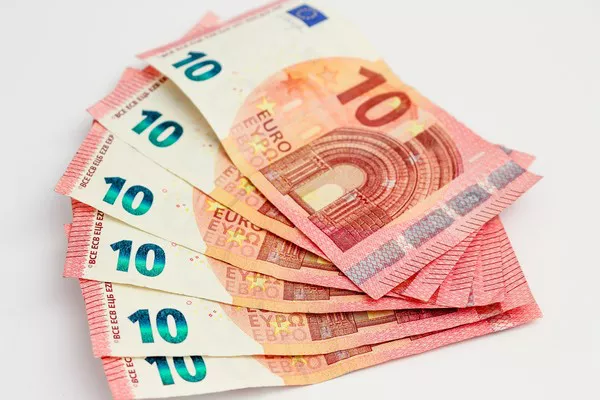Introduction:
Switzerland is a landlocked country located in central Europe, known for its beautiful landscapes, welcoming people, and high-quality of life. It is one of the wealthiest nations globally, with a GDP per capita of $84,000, which ranks eighth in the world. Switzerland is also home to a thriving economy that is driven by industries such as banking, finance, pharmaceuticals, and watchmaking. However, despite its proximity to the Eurozone, Switzerland does not use the Euro currency. In this article, we will explore why Switzerland does not use the Euro and what currency it uses instead.
Why Switzerland Does Not Use the Euro:
One of the main reasons why Switzerland does not use the Euro is that it is not a member of the European Union (EU). The EU is a political and economic union of 27 countries, primarily located in Europe, that have agreed to work together on issues such as trade, migration, and security. However, Switzerland has chosen not to join the EU, citing concerns about sovereignty, direct democracy, and neutrality.
Another reason why Switzerland does not use the Euro is that it has its own currency, the Swiss Franc (CHF). The Swiss Franc has been the official currency of Switzerland since 1850 and is widely recognized as a stable and reliable currency. The Swiss National Bank (SNB) is responsible for issuing and managing the Swiss Franc and has a mandate to ensure price stability, which means keeping inflation low and stable.
Advantages of Not Using the Euro:
Not using the Euro has several advantages for Switzerland. One of the most significant benefits is that it allows Switzerland to maintain control over its monetary policy. Unlike members of the Eurozone who share a common currency, Switzerland can adjust its interest rates and exchange rate to suit its specific economic needs. This flexibility has enabled Switzerland to weather economic storms better than many other European countries, including the recent financial crisis of 2008.
Another advantage of not using the Euro is that it has allowed Switzerland to maintain a competitive edge in its export industry. Because the Swiss Franc is not tied to the Euro, Swiss companies can adjust their prices to remain competitive in global markets. This has made Switzerland a hub for high-quality exports, particularly in sectors such as precision engineering, pharmaceuticals, and luxury goods.
Challenges of Not Using the Euro:
Despite the advantages of not using the Euro, there are also some challenges for Switzerland. One of the most significant challenges is that it can complicate trade with other European countries. Because the Euro is the primary currency used in the Eurozone, it can be challenging for Swiss companies to do business with their European counterparts who use the Euro. This can create issues with exchange rates, payment methods, and even language barriers.
Another challenge of not using the Euro is that it can lead to currency appreciation. The Swiss Franc is often considered a safe-haven currency, meaning that investors tend to buy it during times of economic uncertainty. When demand for the Swiss Franc increases, its value goes up, which can lead to currency appreciation. While this can be good for consumers who can buy foreign goods at lower prices, it can be problematic for Swiss exporters who may struggle to compete with cheaper goods from other countries.
What Currency Does Switzerland Use Instead of the Euro?
As mentioned earlier, Switzerland uses the Swiss Franc (CHF) instead of the Euro. The Swiss Franc is divided into 100 centimes and comes in denominations of coins and banknotes. The most commonly used banknotes are 10, 20, 50, 100, 200, and 1,000 CHF, while the most commonly used coins are 5, 10, and 20 centimes, and ½, 1, 2, and 5 CHF.
Conclusion:
In conclusion, Switzerland does not use the Euro primarily because it’s not a member of the EU and has its currency, the Swiss Franc. While there are advantages to not using the Euro, such as maintaining control over monetary policy and remaining competitive in global markets, there are also challenges, such as complicating trade with European countries and currency appreciation. Overall, the Swiss Franc is a stable and reliable currency that reflects Switzerland’s strong economy and commitment to maintaining its sovereignty.


